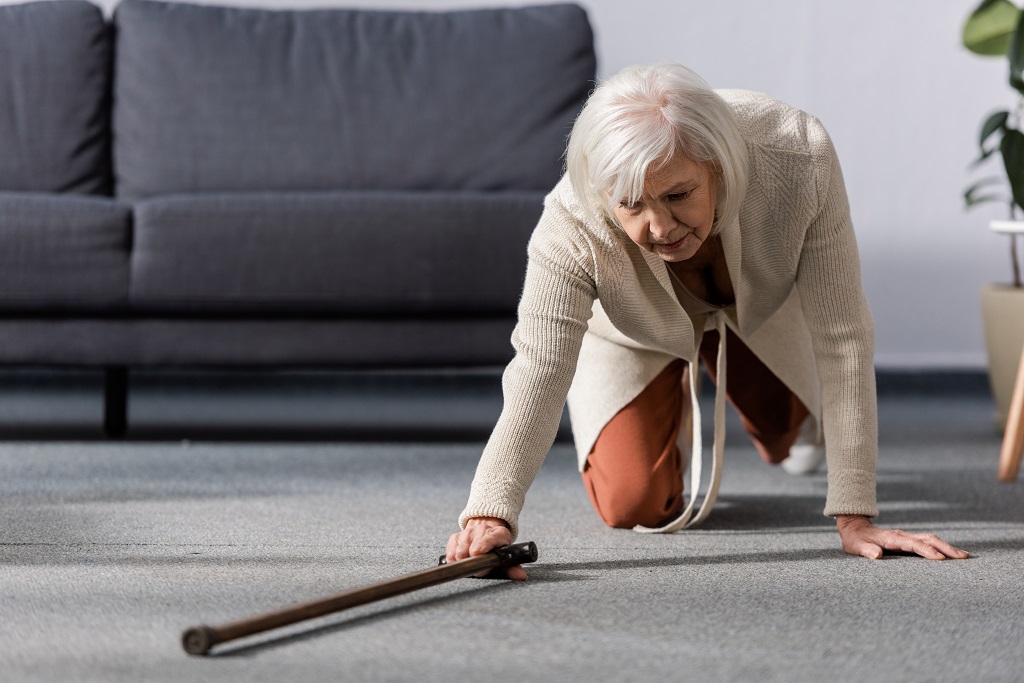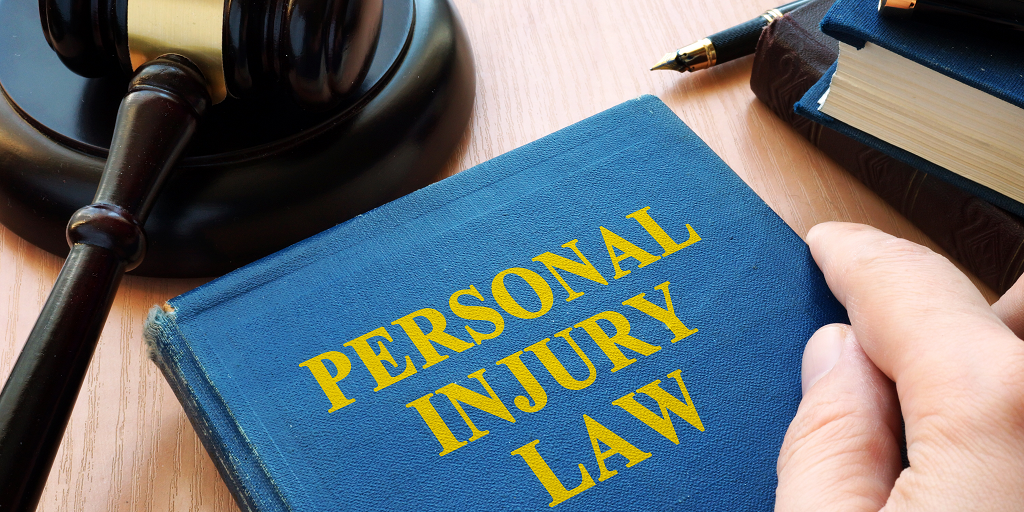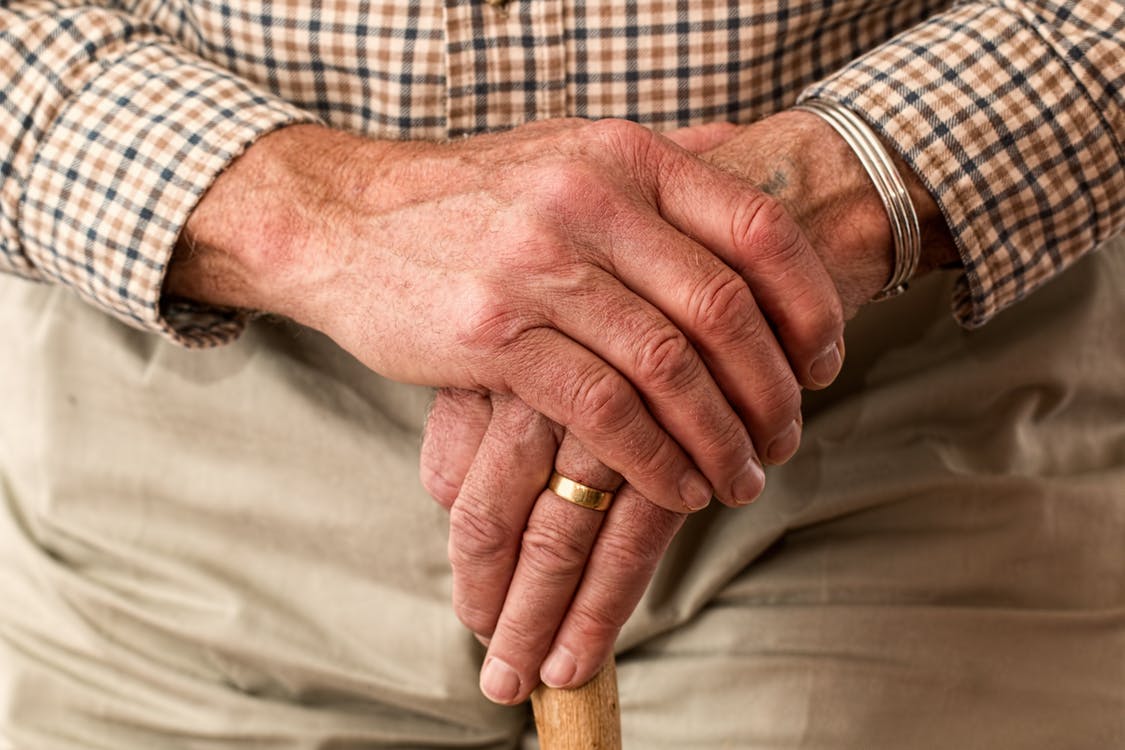The decision to move an aging or disabled loved one into one of Illinois’ 1,200 nursing homes is a difficult one that raises many questions. Can we afford it? Will they be happy? And most importantly, will they be well cared for?
The Illinois Nursing Home Care Act was enacted to protect Illinois’ more than 100,000 nursing home residents from negligence and abuse. Despite the law, the Illinois Department of Aging’s Adult Protective Services Division received 20,567 reports of suspected abuse, neglect, or financial exploitation of people aged 60 and older during fiscal year 2021. And those are only the reported cases.
Friends and family members must remain proactive to ensure that loved ones who live in a nursing home don’t become victims of negligence or abuse, whether from nursing home staff, vendors, or other residents. Here are some of the most common injuries related to nursing home negligence and abuse to be aware of.
Bed Sores: The most common – and preventable – injury, bed sores happen when staff fails to change the position of bedridden patients frequently enough (or at all). These sores begin as red marks on the skin that don’t disappear when pressure is alleviated. Left untreated, they can progress to open wounds, which can cause infection or even death.
Broken Bones: Decreased mobility and lack of balance makes elderly patients more susceptible to falls. When combined with osteoporosis and other conditions that make bones more fragile, this can lead to fractures or broken bones. Often these injuries are the result of negligence, such as failure to clean spills, lack of handrails or bedrails, or lack of staff to help residents in and out of bed; rough treatment of frail patients can also cause broken bones or other injuries.
Chemical Restraints: Many nursing home residents require medication to minimize agitation and keep them from hurting themselves, staff, or other residents. But these medications can also be misused; a 2018 AARP study found that 16% of nursing homes use them when unnecessary. Improper administration of medication can cause adverse reactions with other prescribed medications, create additional health problems, or lead to addiction or overdose.
Falls: Decreased mobility and balance issues make elderly patients more susceptible to falls. A nursing home’s failure to install and maintain handrails or bedrails or promptly clean up spills, or inadequate staffing to transition residents in and out of bed and/or wheelchairs, all create a fall risk that can result in fractures, broken bones, or head injuries.
Financial Injury: The Illinois Department of Aging found that 30% of all reported cases of elder abuse in fiscal year 2021 involved financial exploitation. Financial abuse can include theft, fraud, scams, or unduly influencing a resident to make gifts of cash or other assets, or to even make the abuser the beneficiary of their will.
Malnutrition/Dehydration: Inadequate nutrition, lack of access to water, or lack of assistance with feeding can cause weight loss and/or dehydration, both of which can compromise the immune system, create health problems such as kidney issues or urinary tract infections, and can exacerbate other medical conditions.
Medication Errors: Medication errors in nursing homes can range from minor to deadly and may include missed doses; prescribing or administering the wrong medication or the incorrect dose; over- or underdosing; failing to ensure the patient takes the prescribed medication; not monitoring the patient for adverse reactions; or not checking for potential adverse interactions between medications.
MRSA: Methicillin-Resistant Staphylococcus Aureus (MRSA) is caused by staph bacteria, which one in three people have on their skin. The bacteria are generally harmless, but if it enters the body through an open wound, such as a bed sore, can cause a staph infection. Left untreated, the infection can spread and lead to pneumonia or sepsis.
Physical Restraint: Physically restraining residents is sometimes necessary not just for their safety, but the safety of staff and other residents. Restraints may include straps or belts on the wrists or waist to prevent movement, side rails on the bed, or other physical barriers or methods of positioning that prevent the resident from getting out of bed or a chair. Even when the restraints are needed, nursing homes must ensure they are used safely and properly to avoid injury.
Poor Hygiene: Uncombed hair, soiled clothes or bed linens, infrequent bathing, and bad breath can all be signs that a nursing home is neglecting its residents’ hygiene, which can affect their physical, mental, and emotional health. But nursing home staff can also display poor hygiene, such as failing to keep the nursing home clean, not following proper handwashing and sanitation procedures, or failing to take precautions when staff or other residents are sick, which can allow illness to spread among an already vulnerable population.
Sepsis: Sepsis occurs when white blood cells are unable to remove large amounts of bacteria from the blood, leading to infection. This typically occurs alongside infection in another part of the body, such as skin or respiratory infections. A cut or open wound is the typical starting point for sepsis infection, as it allows bacteria to directly enter the bloodstream. Left untreated, sepsis can result in death.
Sexual Abuse: Sexual abuse is uncommon in nursing homes, but it can happen. It can cause physical injury, sexually transmitted infections, or, depending on the resident’s age, unwanted pregnancy.
Wandering/Elopement: Dementia or Alzheimer’s patients often wander or elope, which puts them at risk of injury. It is estimated that 60% of dementia patients wander the halls of their nursing home at some point. For residents who elope, which means they leave the nursing home premises entirely, the risk of injury is even greater – 70% are found dead or die of injuries sustained during the elopement.
Illinois Nursing Home Abuse and Neglect Attorney
If your loved one has been abused or neglected while living in an Illinois nursing home, the attorneys at The Good Law Group can help. We offer free case consultations to determine if you have a valid personal injury or wrongful death claims and, if we accept your case, you pay no attorney fees unless you are awarded damages. Call us at 800-419-7606 to schedule an appointment.









